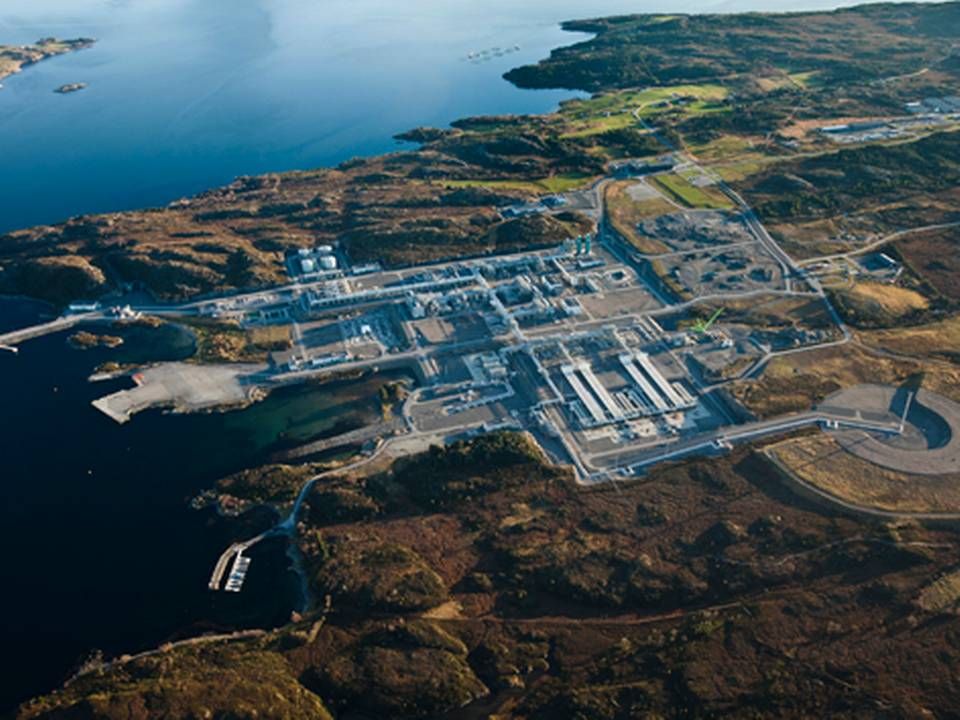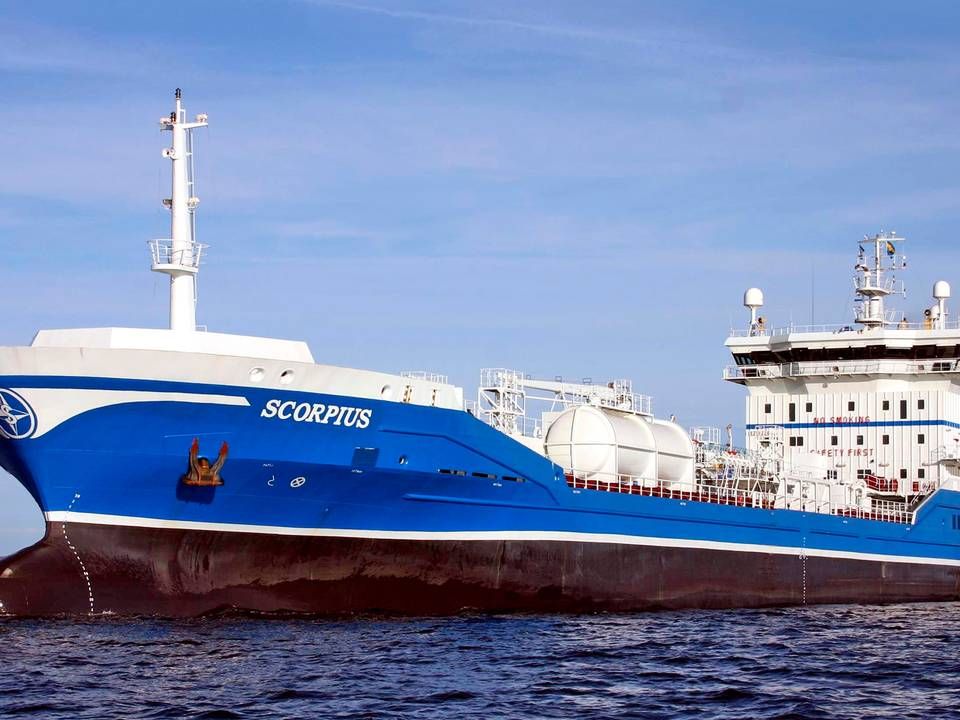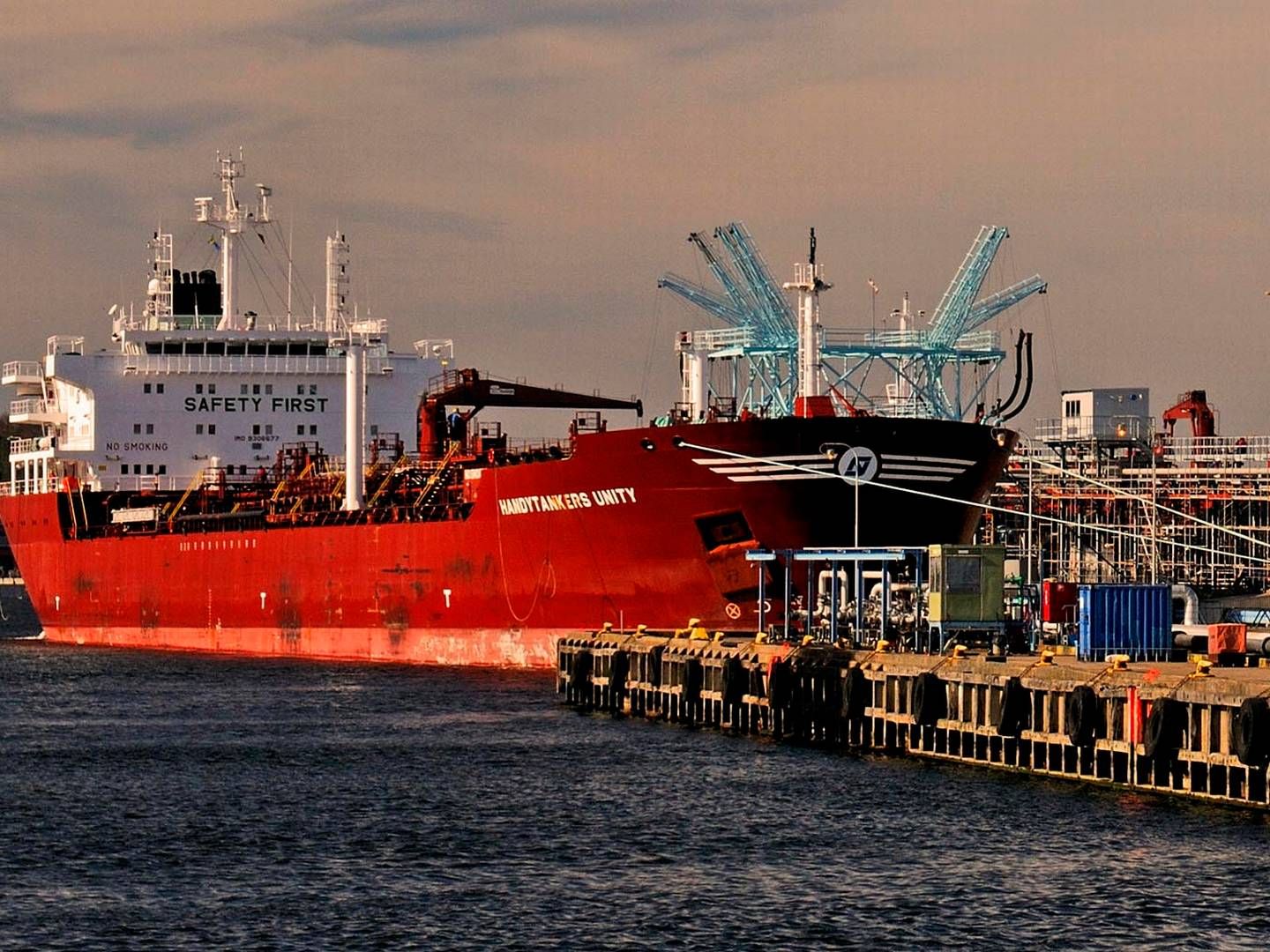PWC: New net wage scheme in Norway weakens Denmark
.jpg)
An improvement in Norwegian framework conditions could, according to accounting and consulting firm PWC, mean that companies will prefer Norway to Denmark, explains Bo Schou-Jacobsen, who is partner and head of PWC's Danish sector group for transport and logistics.
"This will mean that Denmark’s competitiveness is weakened," he tells ShippingWatch.
The assessment comes after ShippingWatch reported yesterday, Tuesday, that the Norwegian government will expand the country's net wage scheme with USD 12 million. Among the changes, the new scheme will sett up national subsidies for foreign ferries and construction vessels.
Nordic countries race to secure best net wage scheme
Bo Schou-Jakobsen explains that in Norway there is evidence that companies have switched to foreign flags because of better framework conditions in other countries, but that the Norwegian government's latest move heralds a change.
"It seems as though Norway really wants to progress on this point," he says and agrees with the Danish Shipowners' Association that if Denmark is to retain its competitive advantage in framework conditions for companies, the rules must be adjusted.
No distinction between oil and gas
The proposal by the Norwegian government forms part of a USD 79 million package, which will help support the Norwegian shipbuilding industry. In relation to the announcement of the new support package, Norwegian Minister for Trade and Industry Monica Mæland said that the government will allocate USD 12 million to the net wage scheme to secure Norwegian jobs.
Danish shipping in net wage dispute
While stressing that he does not yet know the full details of the Norwegian proposal, Bo Schou-Jacobsen points out that the Norwegian initiative does not distinguish between construction ships used for offshore wind, and those use for offshore oil and gas.
"The entire offshore-sector could thus find it more interesting to establish itself in Norway than in Denmark," he says and cites the example of a construction vessel which could work on the construction of a wind farm for one half of the year, and on a drilling rig in the second half.
With the most recent proposal from the Danish government – meaning the previous government, which earlier this year presented a proposal for the improvement of framework conditions in Denmark - a tonnage tax would apply to construction ships working with offshore wind, but not oil or gas.
"It is important that Denmark remembers to ensure framework conditions that are also viable in the future, and that the conditions reflect the reality that companies operate in," says Bo Schou-Jacobsen and continues:
"Today, ships can obviously be used for different purposes. And if companies can apply tonnage tax in Norway over the whole year, where do you think they will establish themselves?" asks Bo Schou-Jacobsen rhetorically.
He stresses the importance of extending the expected proposed changes to the Danish tonnage tax and net wage schemes to cover the entire offshore sector, and not just a portion of it.
Norway now ready with new maritime strategy
Swedish shipowner: We want to return to Sweden
Related articles
Norway now ready with new maritime strategy
For subscribers
Swedish shipowner: We want to return to Sweden
For subscribers
Swedish shipowners finally get their tonnage tax
For subscribers





















